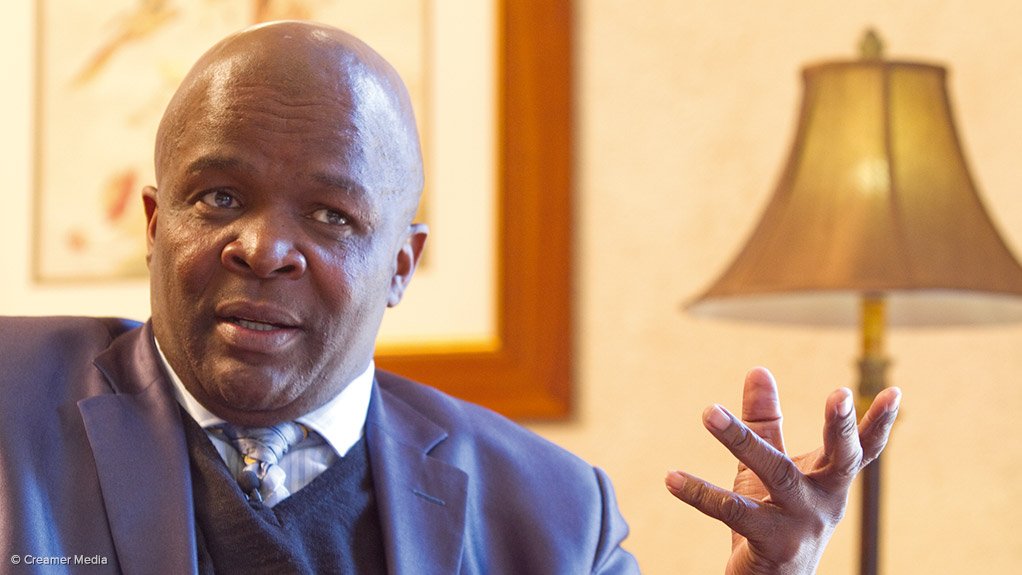The government has again extended the state of disaster, which was set to expire on 15 December by another month, minister in the Presidency Mondli Gungubele announced on Thursday.
Gungubele said Cabinet had now decided to extend the national state of disaster by a further month to 15 January next year.
This comes while no decision has yet been taken by government on imposing a vaccine mandate.
The decision would make it the 22nd month under the state of disaster since it was initially declared at the end of March 2020.
The minister in the Presidency noted that Cabinet had joined President Cyril Ramaphosa in praising the country's scientists who identified and alerted the world to the new omicron variant.
"Cabinet joined President Cyril Ramaphosa in applauding our scientists for having alerted the world about the Omicron variant that has been speaking around world and we [Cabinet] continue to support calls of the immediate lifting of unfair travel bans on our country and other Southern African countries," said Gungubele.
He reiterated that during the meeting on Wednesday, Cabinet also noted the drastic increase in the Covid-19 infections and was urging citizens to fight back against these increased infections through vaccinating and continuing to adhere to non-pharmaceutical interventions, such as wearing masks, sanitising and social distancing.
Gungubele also called on citizens to avoid super-spreader events, such as festivals.
The minister said it was still unclear whether hasher regulations would be instituted as a result of the increase in new cases, and the increased hospitalisations.
"It's difficult to have a specify answer until the National Coronavirus Command Council (NCCC) meets. The assessment given by the medical advice counsel to the NCCC will then inform whether a family meeting will take place. What we are monitoring right now with the new variant is the clinical manifestations.
"The nature of the clinical manifestation, whether the variant makes people sick to a point of needing hospitalisation or not, will indicate the possible threat to hospital loads and that would inform the measure to be taken.
"So far the reports we are getting is that there is no red flags," said Gungubele.
He added that government was also trying to strike a balance between life and livelihood.
"It's no longer in dispute, the damage the restrictions caused last year when we were in level five restriction. A number of jobs were lost, thousands of business stopped and the uncertainty that was cause was not good.
"The attitude that government is taking is that we should find the best possible way of navigating this phase while making sure that the economy is safeguarded," said Gungubele.
He added that a policy to encourage vaccination while discouraging anti-vaccination talk was needed in the country to ensure that South Africa was able to vaccinate more than 70% of its population.
The minister also revealed that as yet, there was no finality in terms of the mandatory vaccination.
EMAIL THIS ARTICLE SAVE THIS ARTICLE
To subscribe email subscriptions@creamermedia.co.za or click here
To advertise email advertising@creamermedia.co.za or click here











